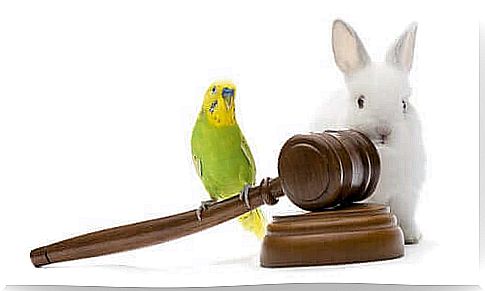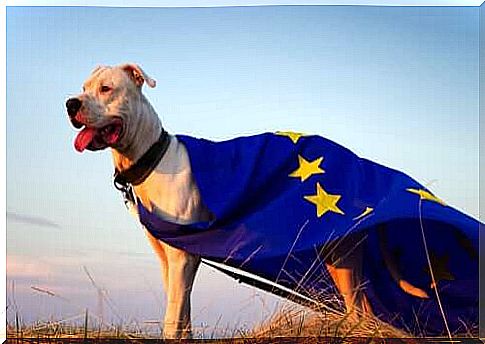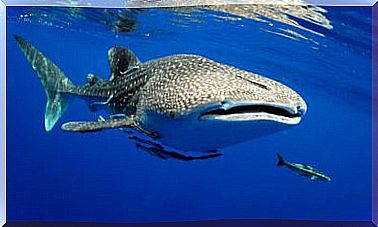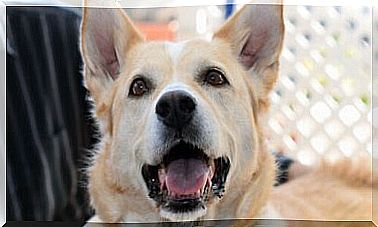Animal Protection Laws Around The World

The year 1978 remained in the history of the protection of animals around the world after the proclamation of the first Universal Declaration of Animal Rights. This important document was drafted by the International League of Animal Rights and presented before UNESCO. This historic moment represented the first step in defining the various animal protection laws around the world.
Among the numerous contributions to the animal rights struggle, this initiative recognizes the same right to exist for all animals. Consequently, the action of the human being on them must obey certain ethical limits. In the name of this, the preamble to that statement states the following:
The proclamation before UNESCO of this Universal Declaration, however, divided the animal rights movement worldwide between the 70s and 80s. This is because, starting from the claim of the concept of animal rights, two currents arose with distinct objectives.
The more traditional current remained focused on the protection of the state against animals. On the other hand, a new current began to fight for the recognition of animal rights on a legal level.
Animal welfare in the EU: the European Convention for the protection of companion animals
Almost ten years after the Universal Declaration of Animal Rights, the European Convention for the protection of companion animals was published. This initiative favored the promulgation of various laws on the protection of animals in the world, especially in the member countries of the European Union.

This legislation provided for practical and immediate improvements in terms of the quality of life of many animals. This would have been possible through some interventions such as the prohibition of aesthetic mutilations and the regulation of the use of animals for creative activities, including sport hunting.
The European Convention also represented a significant advance in public policies relating to responsible detention, as well as the control of overpopulation of stray animals.
The document stated the responsibility of central governments to promote concrete measures to combat mistreatment and abandonment, but also to promote the responsible adoption of pets.
Laws on the protection of animal rights in Italy
From a regulatory point of view, Italy is in line with article 14 of the Universal Declaration of Paris, which obliges the States of the world to grant governmental representation to animal protection and safeguarding associations. Let’s think, for example, of the ENPA (National Animal Protection Authority) or the LAV (Anti-vivisection League), both of which are active on an institutional level.
Even with respect to ill-treatment, the Italian legislation is clear: currently Article 544 ter. of the Criminal Code punishes and pursues the abuse of animals through a procedural procedure similar to that reserved for human victims. As for animal welfare, on the other hand, the civil code is mostly expressed in the matter of abuses and uncontrolled vivisection.

Instead, it is necessary to refer to the agreements present in some regional regulations regarding the improvement of the conditions of pets.
These agreements, generally stipulated between the Minister of Health and the regional authorities, first attribute a precious value to the pet, as a sentient being with access to a series of inalienable rights; at the same time, however, they also establish a series of duties for the keepers, who have the civil obligation to feed, clean, protect and ensure a dignified existence for the animals.
Brief historical notes on animal rights in the world
In the 1930s, Germany issued a series of animal rights provisions.After this parenthesis, until the early nineties, no other Western legal system has contemplated the attribution of real rights to animals. In 1992, Swiss legislation was changed to give animals the status of beings rather than things.
Almost all other countries have laws against cruelty or mistreatment of animals, for regulating the conditions in which animals are raised, and so on. In 2007, December 10 was proclaimed by a British animal rights association, the Uncaged, International Day for Animal Rights .









